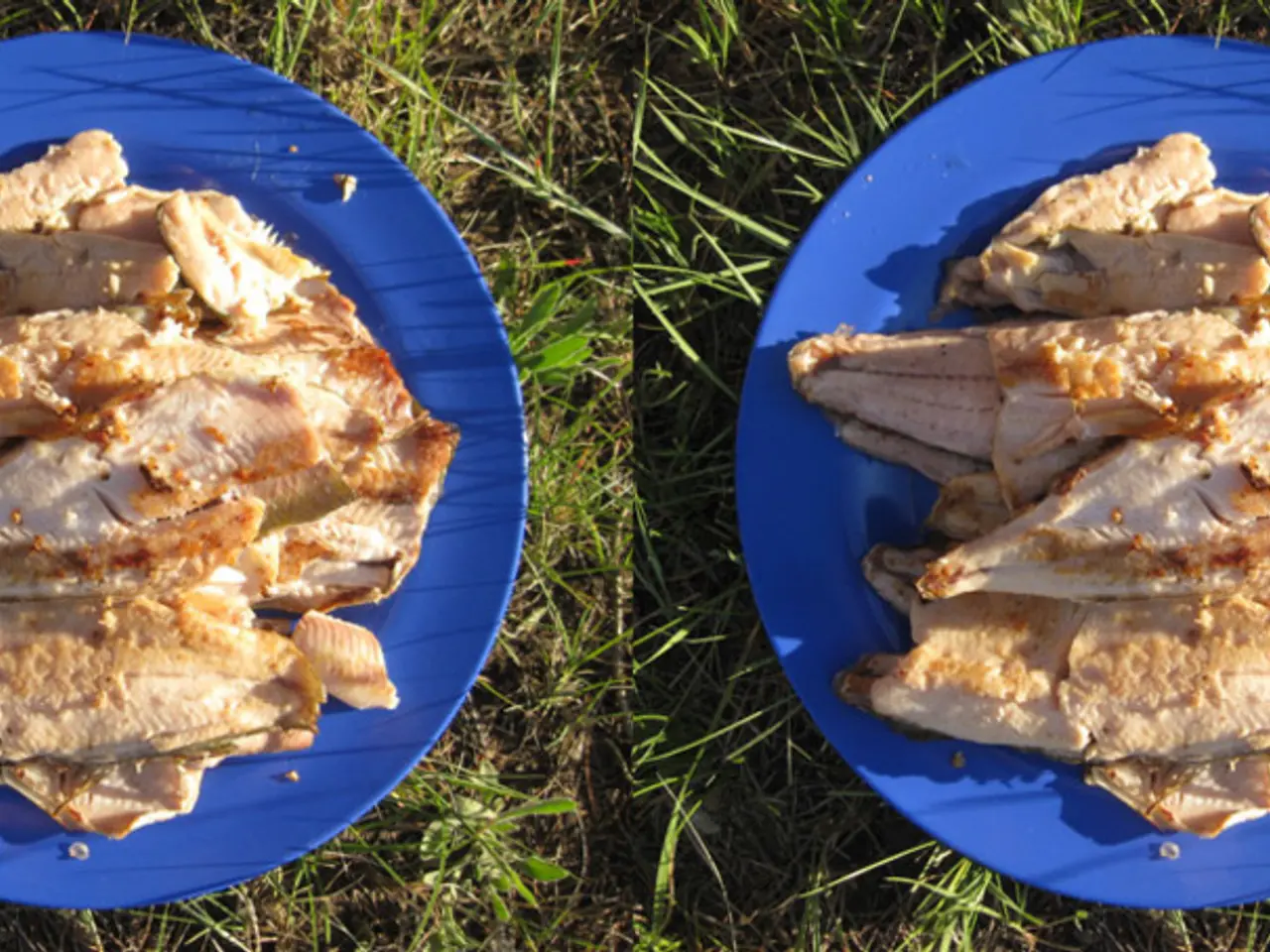Farmers in Ireland question the legitimacy of their resistance towards the Mercosur trade deal.
The European Commission has taken a significant step towards the ratification of the EU-Mercosur trade agreement, a move that could bring significant benefits to Irish grain growers and the European economy as a whole.
If approved, the agreement would create the world's largest free-trade zone, encompassing the EU and Mercosur countries – Argentina, Brazil, Paraguay, and Uruguay. This could potentially offer tariff-free access to South America for Irish grain growers, particularly those supplying spirits such as whiskey.
The EU exports to Mercosur countries could increase by up to 39%, representing a value of €49 billion to the European economy. However, the future of farming across Europe is becoming increasingly uncertain, with farmers feeling backed into a corner by the EU due to environmental regulations and the proposed overhaul of the Common Agricultural Policy.
The Irish Grain Growers Group has expressed concerns about EU growers not being able to use banned pesticides and GM methods compared to their South American counterparts. This could potentially impact the competitiveness of Irish grain growers in the South American market.
The commission has proposed legal safeguards for farmers, including a review of the agreement being triggered in the event of Mercosur beef imports leading to a sharp drop in prices. Additionally, the commission has set aside a €6.3 billion fund to help mitigate any further market-distorting effects.
Mercosur countries would be given an export quota of 99,000 tonnes of beef to sell into the EU at a much-reduced tariff rate of 7.5%. This could potentially lead to an increase in South American beef imports into the EU. However, the commission's stance is that to export beef into the EU, many regulatory hurdles need to be jumped, making it unattractive for many suppliers.
The Irish Farmers' Association (IFA) is leading the opposition to the EU-Mercosur trade agreement, with the president of the IFA, Francie Gorman, voicing his opposition. The Irish and French governments, along with Poland and Austria, have also restated their opposition to Mercosur this week.
The division across the EU on Mercosur may make it difficult to determine the real-world impact of South American imports on the EU. The commission is trying to reassure farmers that Mercosur is a positive for them, but farmers' skepticism is understandable given the proposed overhaul of the Common Agricultural Policy and increasing regulatory requirements.
On the other hand, European industries such as car manufacturing, pharmaceuticals, and services would get a significant boost if the EU-Mercosur trade agreement is approved. The EU-Canada trade deal (CETA) removed nearly all tariffs between the two sides in 2017. Despite initial fears, very low levels of Canadian beef have entered Ireland, but Irish beef exports to Canada have tripled since then.
The Mercosur ratification process is expected to take at least a year, with ongoing debates on both sides. It remains to be seen how this trade agreement will shape the future of farming and trade in Europe.
Read also:
- Impact of Alcohol on the Human Body: Nine Aspects of Health Alteration Due to Alcohol Consumption
- Understanding the Concept of Obesity
- Lu Shiow-yen's Challenging Position as Chair of the Chinese Nationalist Party (KMT) Under Scrutiny in Donovan's Analysis
- Tough choices on August 13, 2025 for those born under Aquarius? Consider the advantages and disadvantages to gain guidance








